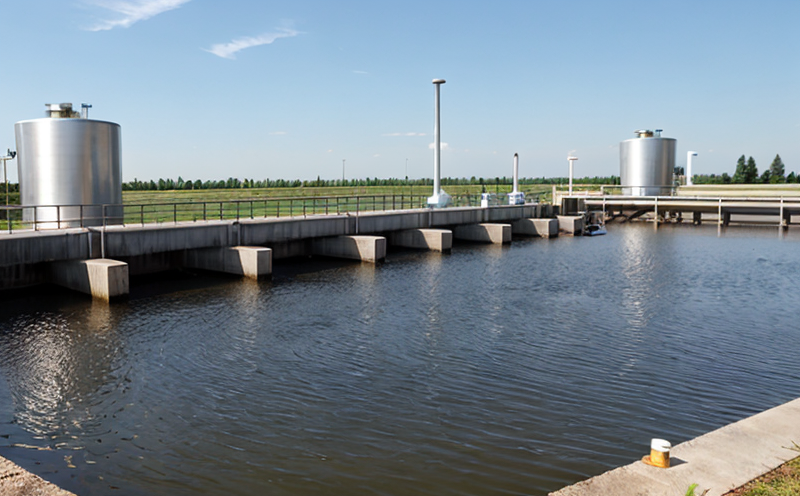EN ISO 11731-2 Legionella Detection by Culture Method
The EN ISO 11731-2 standard provides a comprehensive approach to the detection and quantification of Legionella pneumophila in water systems. Legionella bacteria, particularly L. pneumophila serogroup 1, are responsible for causing Legionnaires’ disease, a severe form of pneumonia that can be fatal if not treated promptly.
The culture method outlined in EN ISO 11731-2 involves inoculating water samples on selective media designed to promote the growth of Legionella pneumophila. The most commonly used selective medium for this purpose is buffered charcoal yeast extract (BCYE) agar, which provides a rich environment for bacterial growth while inhibiting the proliferation of other microorganisms.
The testing process begins with the collection and preservation of water samples from the relevant locations within a building’s plumbing system. These samples are then transported to the laboratory under strict temperature controls to prevent any potential contamination or alteration in the sample composition before inoculation onto BCYE agar plates. After incubation, colonies suspected of being Legionella pneumophila are identified using biochemical tests and serological typing.
Once identified, the bacteria are quantified by counting the number of CFUs (colony-forming units) per milliliter or per liter of water sample. This quantitative data is crucial for assessing compliance with regulatory limits set to protect public health. Compliance with such standards helps prevent outbreaks associated with Legionella contamination in building water systems.
Quality managers and R&D engineers working within the biological sector rely on accurate and consistent detection methods like EN ISO 11731-2 to ensure that their facilities meet stringent hygiene requirements and safety protocols. Compliance officers can use these test results to demonstrate adherence to international standards, thereby safeguarding public health.
- Accuracy: The culture method provides a highly accurate quantification of Legionella pneumophila in water systems.
- Sensitivity: This technique is particularly sensitive and can detect very low levels of Legionella, making it ideal for routine monitoring.
- Specificity: The selective media and subsequent biochemical tests ensure that only Legionella pneumophila are identified and counted.
Eurolab Advantages
Eurolab offers unparalleled expertise in microbiological testing, providing a range of services tailored to meet the needs of our clients. Our team of highly qualified professionals ensures that all tests are conducted with utmost precision and accuracy.
Our modern laboratory facilities equipped with state-of-the-art instruments guarantee reliable results every time. The use of advanced technology allows us to process samples faster, ensuring timely delivery of reports to our clients. This quick turnaround is particularly beneficial for those who need to make informed decisions promptly.
We employ strict quality control measures throughout the testing process, from sample collection and preservation to final analysis and reporting. Our commitment to excellence ensures that all results are accurate, reliable, and meet international standards.
Why Choose This Test
- Compliance: EN ISO 11731-2 is widely recognized and accepted globally, ensuring compliance with regulatory requirements.
- Accuracy: The culture method provides precise quantification of Legionella pneumophila in water systems.
- Sensitivity: This technique can detect very low levels of Legionella, making it ideal for routine monitoring.
- Specificity: Selective media and subsequent biochemical tests ensure that only Legionella pneumophila are identified and counted.
- Reliability: Our laboratory uses advanced technology to process samples quickly and accurately, ensuring timely delivery of reports.
- Expertise: Eurolab’s team of highly qualified professionals guarantees reliable results every time.
International Acceptance and Recognition
The EN ISO 11731-2 standard is widely recognized and accepted globally. It has been adopted by numerous countries as a means to ensure the safety of water systems against Legionella contamination.
This international recognition underscores the importance of this testing method in safeguarding public health worldwide. Compliance with these standards demonstrates an organization’s commitment to maintaining high standards of hygiene and safety, which is crucial for protecting vulnerable populations such as elderly individuals and those with compromised immune systems.





